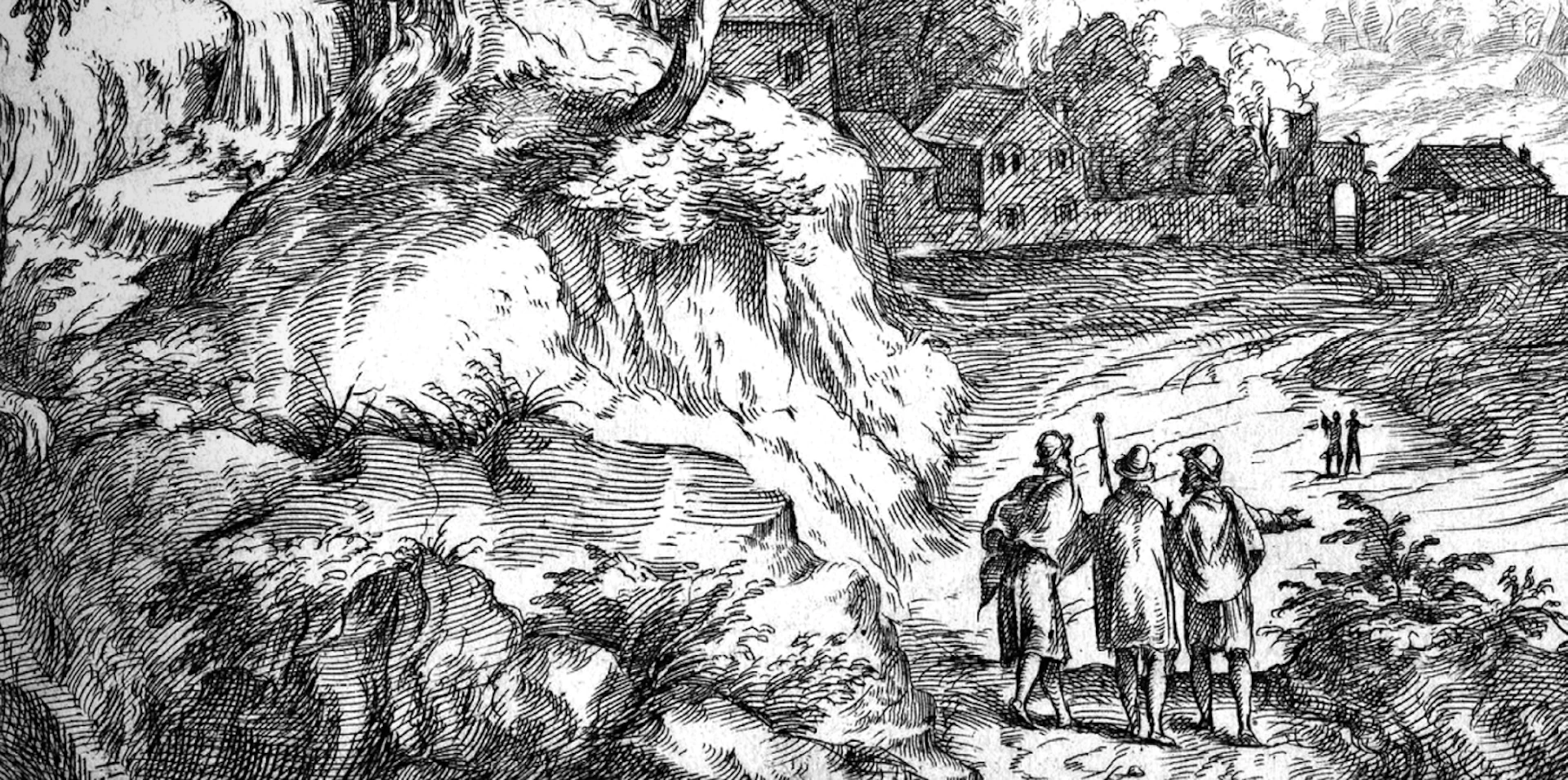
St. Paul Center Media
Explore free content from the theologians and scholars you know and trust. Sign up for our newsletter to stay up-to-date with the St. Paul Center.
Sign Up for the NewsletterAll
Articles
Podcasts
Videos
Sunday Bible Reflections
Title
Category













